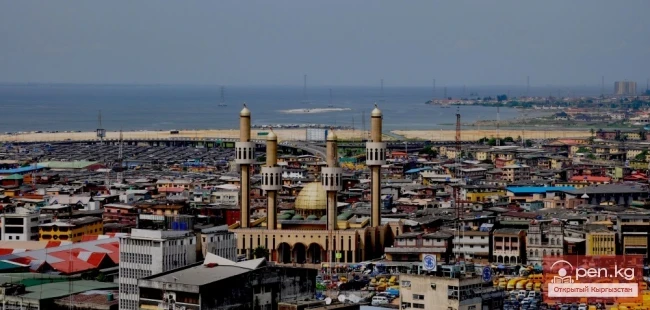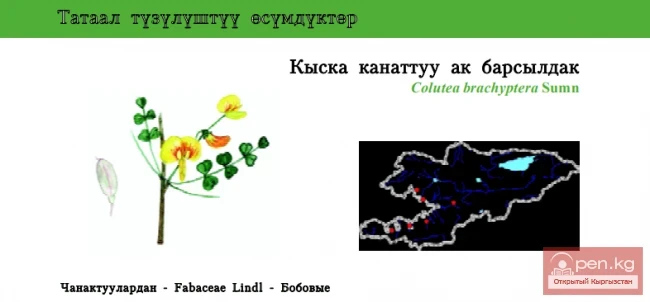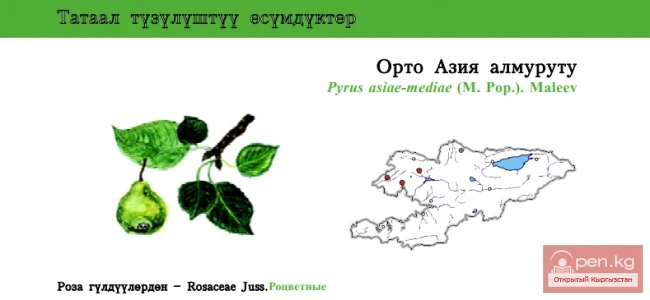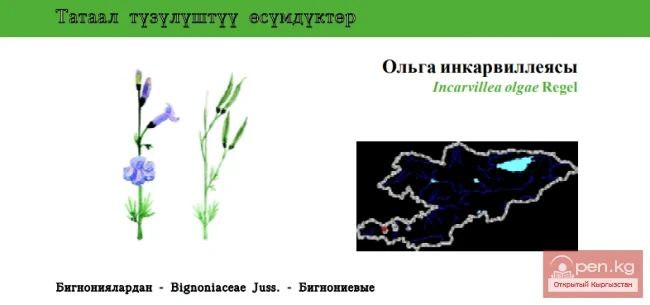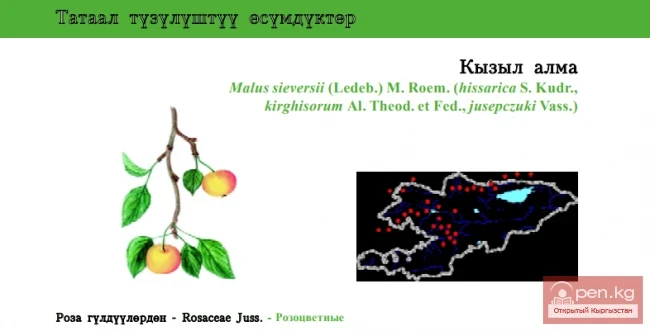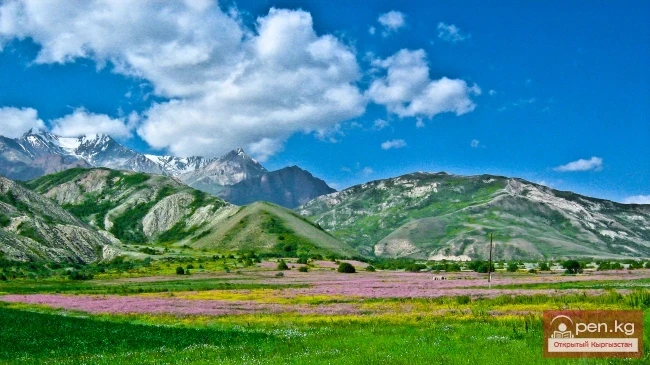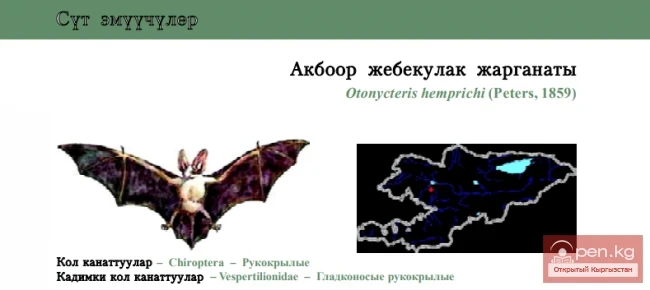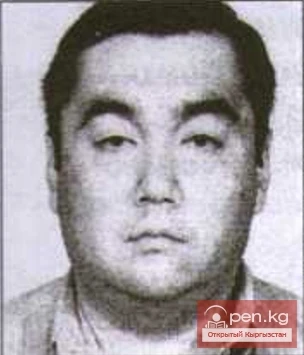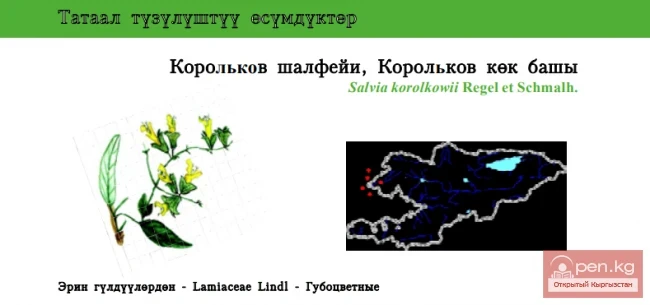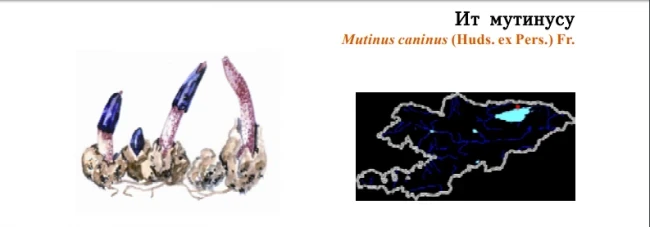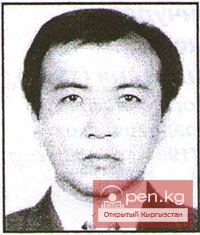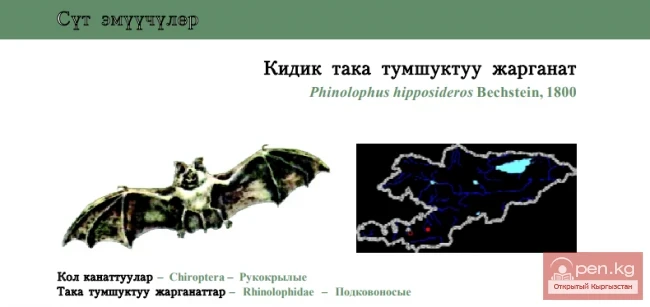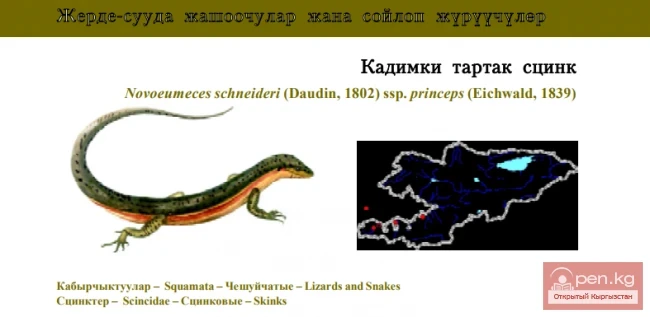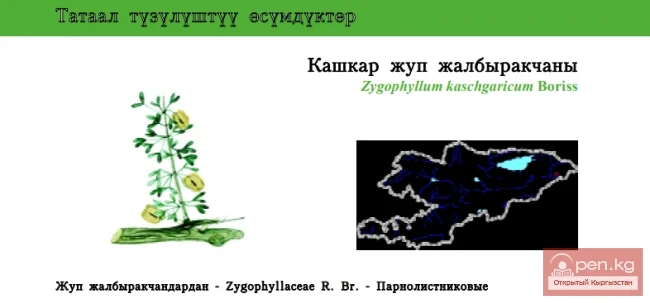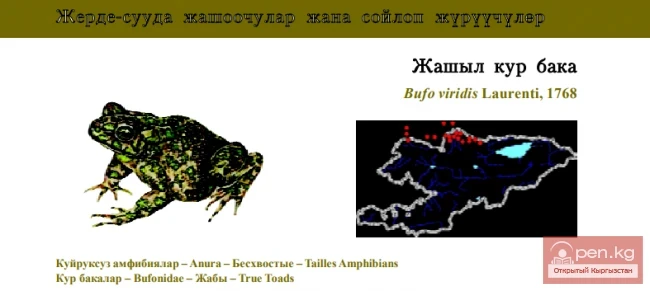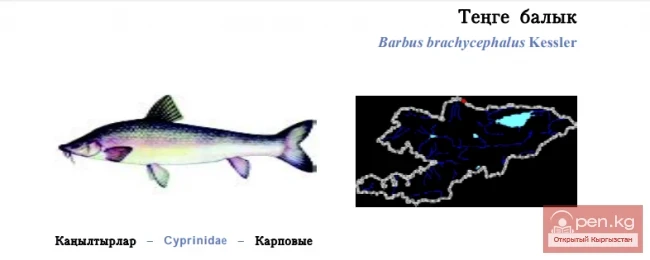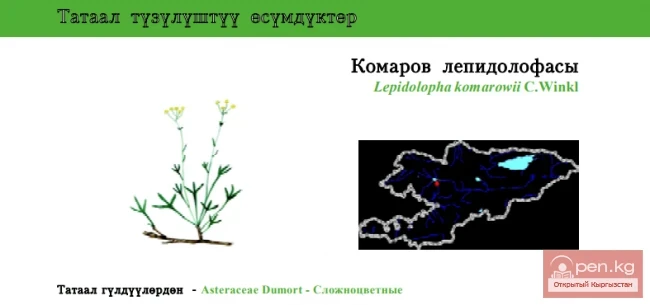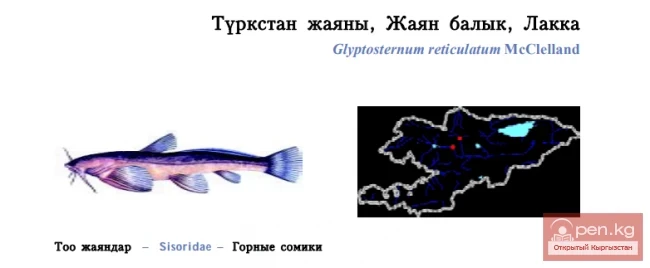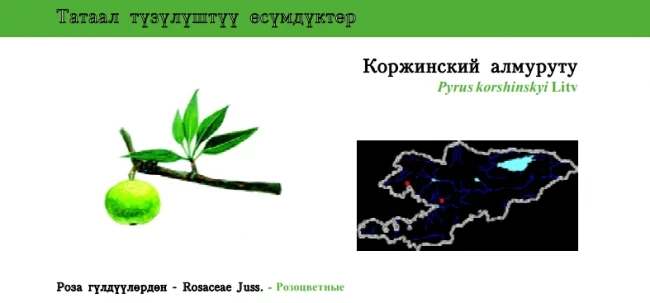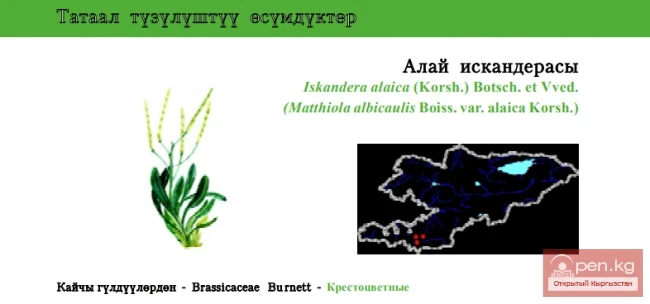NIGERIA. Federal Republic of Nigeria
A country in West Africa on the coast of the Atlantic Ocean. It borders Niger to the north, Benin to the west, Chad to the northeast, and Cameroon to the east and southeast. The length of the coastline is 853 km. The area is 924,000 km². The capital is Abuja (over 400,000; until 1991 - Lagos, 10.2 million, which is currently the economic and financial center of the country), other major cities include Kano, Ibadan, Kaduna, Port Harcourt. Administratively, it is divided into 36 states and a federal capital territory. The population is about 128 million (2004); there are more than 260 ethnic groups and tribes, the largest of which are Hausa and Fulani (north), Yoruba (southwest), and Igbo (southeast). The official language is English. Religion: about 50% of the population practices Islam (mostly Sunni), 40% - Christianity (Protestantism, Anglicanism, Catholicism, Baptism), 10% adhere to traditional beliefs. The currency is the naira.
It has diplomatic relations with the Russian Federation (established with the USSR on November 25, 1960).
The national holiday is October 1 - Independence Day (1960).
The state structure is a federal republic with a presidential form of government. The current constitution was adopted in 1999. The president is Olusegun Obasanjo (held this position during the military regime from 1976-79 and from 1999-2003, elected for a second 4-year term in 2003). He is simultaneously the head of government and the commander-in-chief of the armed forces. The highest legislative body is the bicameral National Assembly. The upper house is the Senate (109 senators), and the lower house is the House of Representatives (360 deputies). The last parliamentary elections took place in 2003. The judicial system of Nigeria consists of local courts within the states, federal courts, an appellate court system, and the Supreme Court. Additionally, Sharia courts operate in 12 states of Nigeria.
Political parties. In 2002, a multi-party system replaced the three-party political system in the country. Currently, 39 parties are registered. The most representative are the People's Democratic Party (which has a majority in both houses of parliament), the All-Nigerian People's Party, the Alliance for Democracy, the National Democratic Party, the People's Party of Nigeria, and the All Progressives Grand Alliance.
The territory of modern Nigeria was part of the area where the Negroid race formed. Even before our era, the peoples inhabiting it created a distinctive civilization. The first Europeans to appear in this region of Africa in the 15th century (Portuguese, then English, French, and Germans) noted the presence of developed feudal states. In the mid-19th century, active colonization of the country's territory began by Great Britain, which was completed in the early 20th century. In 1914, British possessions in the region were united into a colony named Nigeria. In 1960, it was proclaimed a sovereign state.
The history of independent Nigeria is marked by numerous coups, during which the military was in power for a total of about 30 years. From 1967 to 1970, the country was engulfed in a civil war that claimed the lives of more than 2 million Nigerians. It ended with the victory of the federal government over the separatists from the oil-rich regions of the country, who proclaimed the creation of the so-called Republic of Biafra.
In 1999, after almost 14 years of military rule, civil governance was restored in Nigeria, a new constitution came into effect, and power passed to a democratically elected president in the same year.
At the same time, the democratic development of the country faces significant religious and ethnic contradictions within society, which occasionally lead to outbreaks of violence, escalating into bloody clashes. There remains a threat to national unity and territorial integrity, primarily from radical Islamists who have fairly strong positions in the northern states of Nigeria.
The country's economy is mineral-resource-based. Nigeria possesses rich and diverse natural resources, primarily oil and gas. Its proven reserves amount to 24 billion barrels (estimated 34 billion barrels) and 4.1 trillion m³, respectively. The export of crude oil accounts for more than 90% of all foreign currency earnings of the country. Nigeria is among the top ten largest oil exporters in the world. In 1999, Nigerians began exporting gas in liquefied form. There are significant deposits of tin, columbite, iron ore, and coal.
GDP is over $62.6 billion. Its growth in 2004 was 10.2% (according to official data), which is linked to an increase in oil production and rising global prices for hydrocarbons. The inflation rate in 2004 reached 15%. In 2003, the Nigerian government began implementing a new economic development strategy that aims to strengthen the national currency, improve financial policy, diversify sources of budget revenue, enhance control over government spending, and combat corruption. According to the classification by the international organization "Transparency International," the country ranks 3rd in the world in terms of corruption levels. An important role in the development of the economy is assigned to increasing the country's investment attractiveness, implementing privatization programs, primarily concerning oil refining and energy companies. Nigeria's external debt reached $34 billion by the end of 2004.
The development of agriculture lags behind the country's needs, which is forced to import food products in significant volumes. The main export crops are cocoa beans, oil palm, peanuts, cotton, rubber trees, and sugarcane.
The social situation in the country remains tense - over 70% of Nigerians live below the poverty line, and the number of unemployed approaches 20 million people.
Nigeria's largest trading partners are the USA, EU countries, South Korea, Brazil, and China. The main export items are oil and gas. In Nigeria's imports, about 30% are industrial goods, 21% are machinery, equipment, and vehicles, 23% are chemical products, and 12% are food.
Nigeria has 29 universities, and significant attention is given to the development of science. However, the problem of providing the population with primary education remains acute in the country.
Nigeria is a country rich in cultural traditions. Its writers are widely known not only in Africa but also beyond the continent. The playwright and novelist Wole Soyinka won the Nobel Prize in Literature in 1986.
The Nigerian press is the most developed in Tropical Africa. Newspapers are published in English and mainly local languages (the largest are "Guardian," "Independent," "Punch," "Daily Times," and others).
